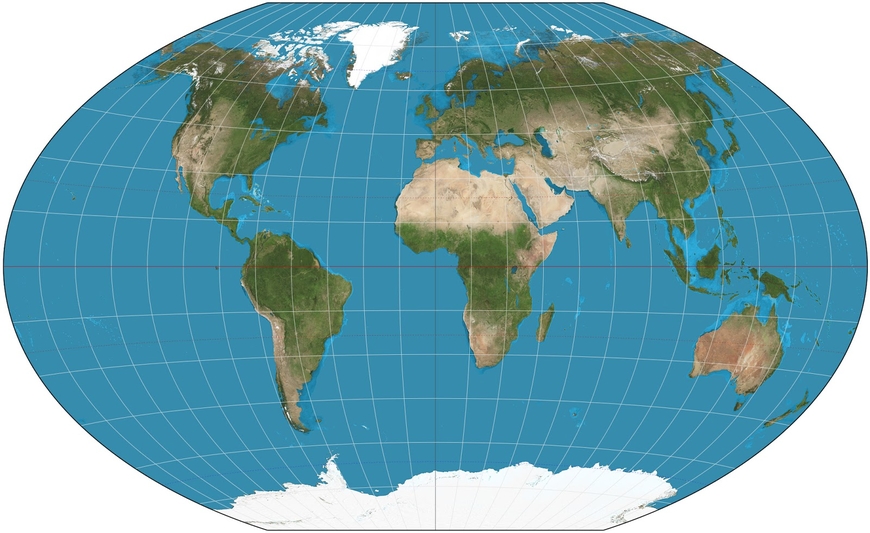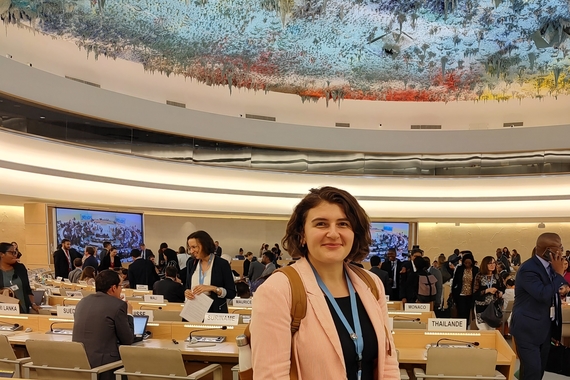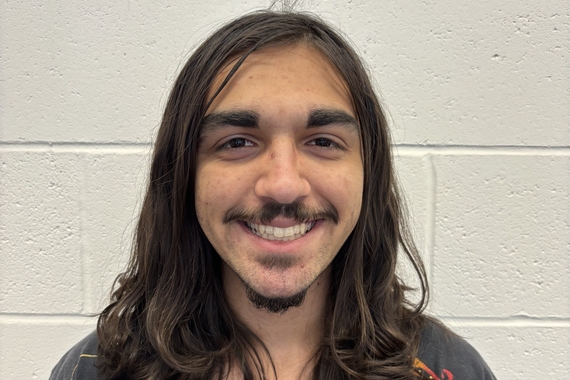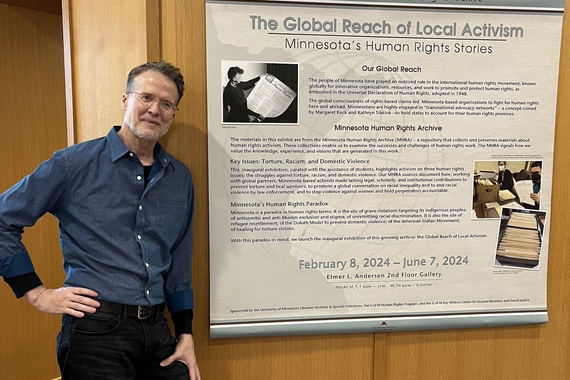Recognizing Our Common Humanity Through Languages
Studying human rights means learning a variety of skills, tools and techniques; some of these are universal to an MHR student and some of them are tailored to the particular interests of our students. These unique opportunities include research, language study, and skills courses which enhance a students ability to become the human rights practitioner they want to be.
In the 2019-2020 academic year two of our MHR students are benefiting from Foreign Language & Area Studies (FLAS) Fellowships. These Fellowships provide students with financial support to integrate the study of a “less commonly taught language” into their overall course of study.
Elexis Williams

Elexis Williams joined the MHR program in the fall of 2017. Her course work is situated largely around science, technology and environmental policy in Russia and Eurasia. She is particularly interested in the intersections between the rights of the indigenous peoples of Russia, Siberia and the Arctic, and the impositions of extractive industry in the area. Elexis is receiving her second year of FLAS funding for the study of the Russian Language.
This fellowship has made it possible for Elexis to add an additional year to her MHR program. This year she will take advantage of the highest level of language coursework the university offers to develop competency and mastery of the language. It has also given Elexis the time and resources to build out secondary and tertiary fields of intellectual engagement through graduate minors in law and science, technology and environmental policy. Elexis values the flexibility of the MHR program, allowing her to explore the curricular offerings of the university across departmental and disciplinary divides, including history, American studies, law, public policy/international affairs and Russian.
Elexis plans to apply these skills to her professional paper (thesis) for the MHR program and her ongoing research pursued as an aspiring Ph.D. student. She embraces digging into the Russian language and regional history, prompting deeper thinking about the complex ways that systems and policies interact with the lived experiences of indigenous peoples (among others) and the human rights concerns of these peoples.
“So many of the human rights issues we face today, whether one is concerned with global immigration and conflict or freedom of speech and association or labor rights, et al, are fundamentally complicated by the emergence of new technologies and techno-social paradigms, so it's been essential for me to be able to take a wide view of these issues and to be able to approach them with a range of disciplinary tools and perspectives.” – Elexis
Katie Lawler
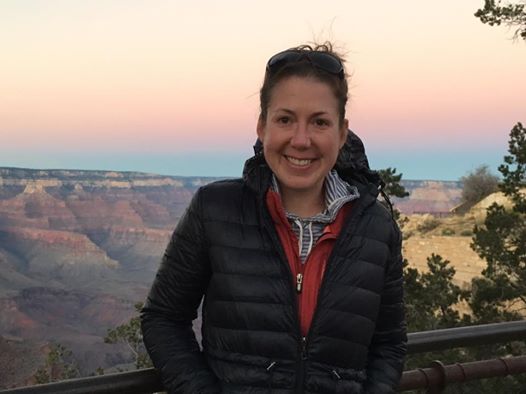
Katie Lawler is a pediatric nurse in her second year of the MHR program, where she is exploring various practical and policy considerations in addressing global health, the health of refugees, and humanitarian crises. Through the FLAS Fellowship Katie is studying Somali over the course of this year.
“The ability to communicate and bridge cultural divides remains paramount in all three areas. Because Minnesota is home to a large number of Somali refugees and I already work with a number of Somali families as a nurse in the neonatal intensive care unit (NICU) at the University of Minnesota Masonic Medical Center (UMMCH), I chose to focus on the Somali community in my work last semester throughout my Health and Immigration class at the U. While I gained a better understanding of the beliefs, values, and unique health needs of the Somali community, I know my knowledge of and ability to practice health care with this population would be enhanced immeasurably by an ability to speak Somali, even at a basic level.” - Katie
Katie has always loved learning new languages. She minored in French as an undergrad and has also studied Italian, Spanish, and Haitian Creole. Her time spent living and working abroad has reinforced the value of language-learning in its ability to cultivate meaningful relationships and facilitate effective work in cross-cultural settings. As a Human Rights practitioner with a concentration in Global Health and Humanitarian Aid, she noted that these types of skills are critical in her profession. Katie believes that the FLAS Fellowship will allow her to integrate her academic and professional passions to best serve local and global foreign-language-speaking populations in the future.
Katie believes that due to the global rise of nationalism and xenophobia, anyone who speaks a non-native language may find themselves at risk of abuse and rights violations. Taking the time to learn a foreign language remains an essential way to recognize our common humanity, sending a powerful message to foreign-language speakers that you see them, you value them, and you want to hear what they have to say.
